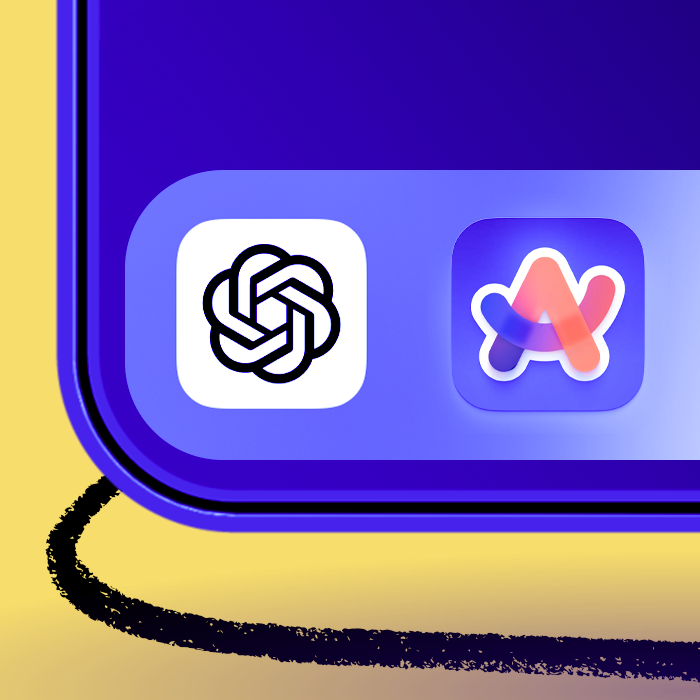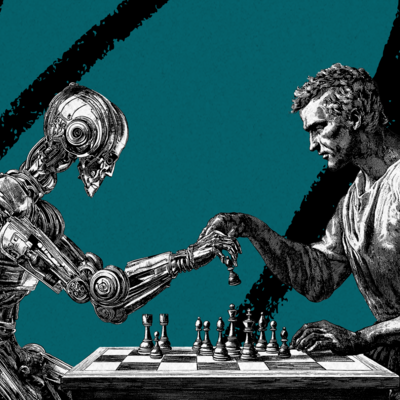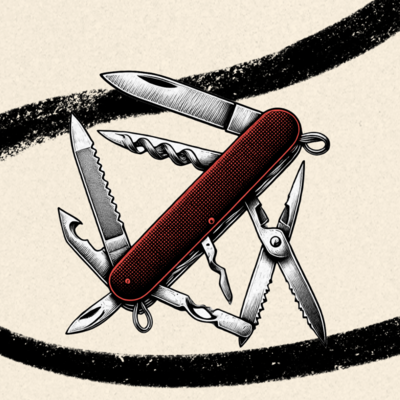
I couldn’t write this week because my thumb hurt.
I’ve been writing a lot lately, and my theory is that it’s a repetitive stress injury from pressing the spacebar too much. (Or it’s because I’m burying my anger. Or maybe it’s both?)
I’ve tried a few things to make it feel better: various stretches that you might imagine seeing performed in Florida retirement homes, a wrist wrap that would look appropriate on a contestant at a senior PGA tour event, and a painkilling cream that smells like the discount vodka we used to drink in college—all to no avail.
(My dad plunges his aching thumb into an icy drink and says “ahhhhhhh,” which was the obvious next thing to try, but my pride hasn’t allowed me to do this yet. I’d like to continue to pretend that I’m not fully becoming him in my old age.)
In lieu of a better solution, I’ve had to resort to using my left thumb to press the spacebar, which is awkward and slow. I am an athlete of the keyboard. For me, writing is thinking, and spacing with my left thumb is like asking Michael Jordan to do a lay-up on one leg. It just doesn’t feel right; the sentences don’t flow.
So I lazed this week. James Bond had a license to kill, and writers—when the ideas aren’t flowing—have a license to laze. To pass the time, I drank too much coffee. I stared off into space. I wrote a short story from the perspective of Bryan Johnson’s left kidney. Photos below.
What I look like when I can’t figure out what to write and my thumb hurts.The one thing that can get a writer with a sore thumb to actually, you know, write is a deadline. There was a lot of news this week, so I’m writing quick hits about an incredible new ChatGPT feature, the Arc browser’s AI update, and my podcast.Hopefully my thumb will be back to typing shape by next week for a full essay.
Arc introduces v2: the browser that browsers for you with AI
(Disclosure: I am an angel investor in Arc and good friends with its co-founder and CTO, Hursh Agrawal.)
In December 2022, I asked myself where power might settle in the AI ecosystem and predicted it would do so in four places:
- The operating system layer
- The browser
- The layer of models that are willing to return risky results to users
- The copyright layer
I wrote that power would settle at the browser layer because:
“[Browsers are] able to sit between the user and any other interaction with the internet. Once Chrome, Arc, or Mac OS has an intelligent AI assistant that can perform tasks for you given a few sentences about what you want, your desire to go to a website that can do the same thing will go down tremendously. Operating systems and browsers also have the advantage of being run on your computer, so the integration will be more seamless and they’ll have access to lots of data that web-based AI applications aren’t going to have access to—so they’ll likely have better abilities to complete tasks.” [Emphasis added]
Well, Arc built exactly that. On Thursday, the company launched two powerful new AI features for its browser: Instant Links and Arc Explore.
The Only Subscription
You Need to
Stay at the
Edge of AI
The essential toolkit for those shaping the future
"This might be the best value you
can get from an AI subscription."
- Jay S.
Join 100,000+ leaders, builders, and innovators

Email address
Already have an account? Sign in
What is included in a subscription?
Daily insights from AI pioneers + early access to powerful AI tools









.png)
